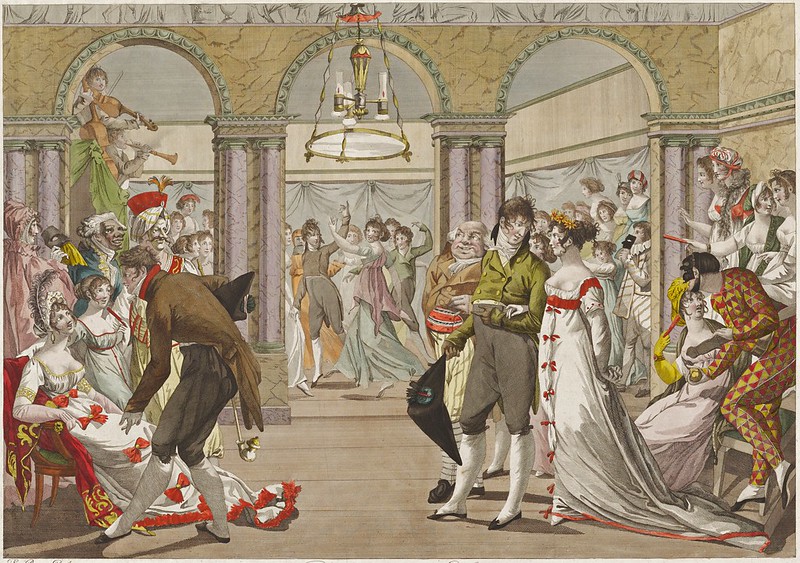Franz Anton Hoffmeister (1754-1812) - Klarinettenkonzert B-Dur, Nr.2 (c.1780)
Performers: Eduard Brunner (1939-2017, clarinet); Münchener Kammerorchester;
Hans Stadlmair (1929-2019, conductor)
---
Austro-German composer and music publisher. He attended the University
of Vienna in law beginning in 1768, but shortly thereafter he decided to
pursue a career in music. In 1783 he began to publish his own music,
and by 1785 he had established a firm in Vienna to compete with Artaria.
Well educated, erudite, and congenial, he was a welcomed guest in
intellectual circles in the Austrian capital for the next several
decades, while his publishing business thrived with a branch in Linz and
collaborations with others such as Bösseler in Speyer. After 1790 he
began to devote himself more to his music, and in 1799 he undertook a
concert tour as a keyboardist to Germany and France. In Leipzig he
formed a partnership with Ambrosius Kühnel, which became one of the
early progenitors of the firm of C. F. Peters. The international success
of particularly his Singspiel Der Königssohn aus Ithaka made it
possible for him to divest himself from his businesses by 1805. As a
composer, he concentrated mostly upon instrumental works, since these
were the most publishable and salable music. Hoffmeister was
extraordinarily prolific and many of his Viennese works were also
popular in foreign cities: by 1803 his most successful opera, 'Der
Königssohn aus Ithaka' (Vienna, 1795), had been performed in Budapest,
Hamburg, Prague, Temesvár (now Timişoara), Warsaw and Weimar; his
numerous chamber works were published in Amsterdam, London, Paris and
Venice, as well as throughout German-speaking regions. Although his
symphonies were admired for their flowing melodies (Schubart) and his
pedagogical works for being both pleasant and instructive (Gerber), his
style is generally lacking in originality and depth. His works include
nine Singspiels, two cantatas/oratorios, an offertory, 66 symphonies, 11
serenades, 54 sets of dances, 59 concertos (25 for fortepiano, 14 for
flute, and 20 for other instruments, including five sinfonia
concertantes), 30 quintets (string, flute, and other), 57 string
quartets, 46 flute quartets, nine piano quartets, 18 string trios, 12
flute trios, 76 string duets, 130 flute duets, 50 violin sonatas, five
flute and viola sonatas, 26 piano sonatas, and numerous other pieces for
winds and keyboard. His music is in need of further exploration.

Cap comentari:
Publica un comentari a l'entrada